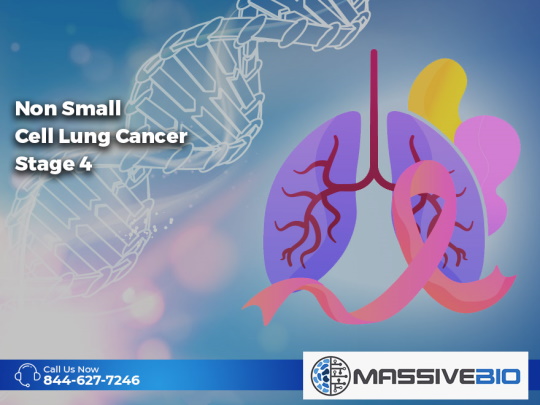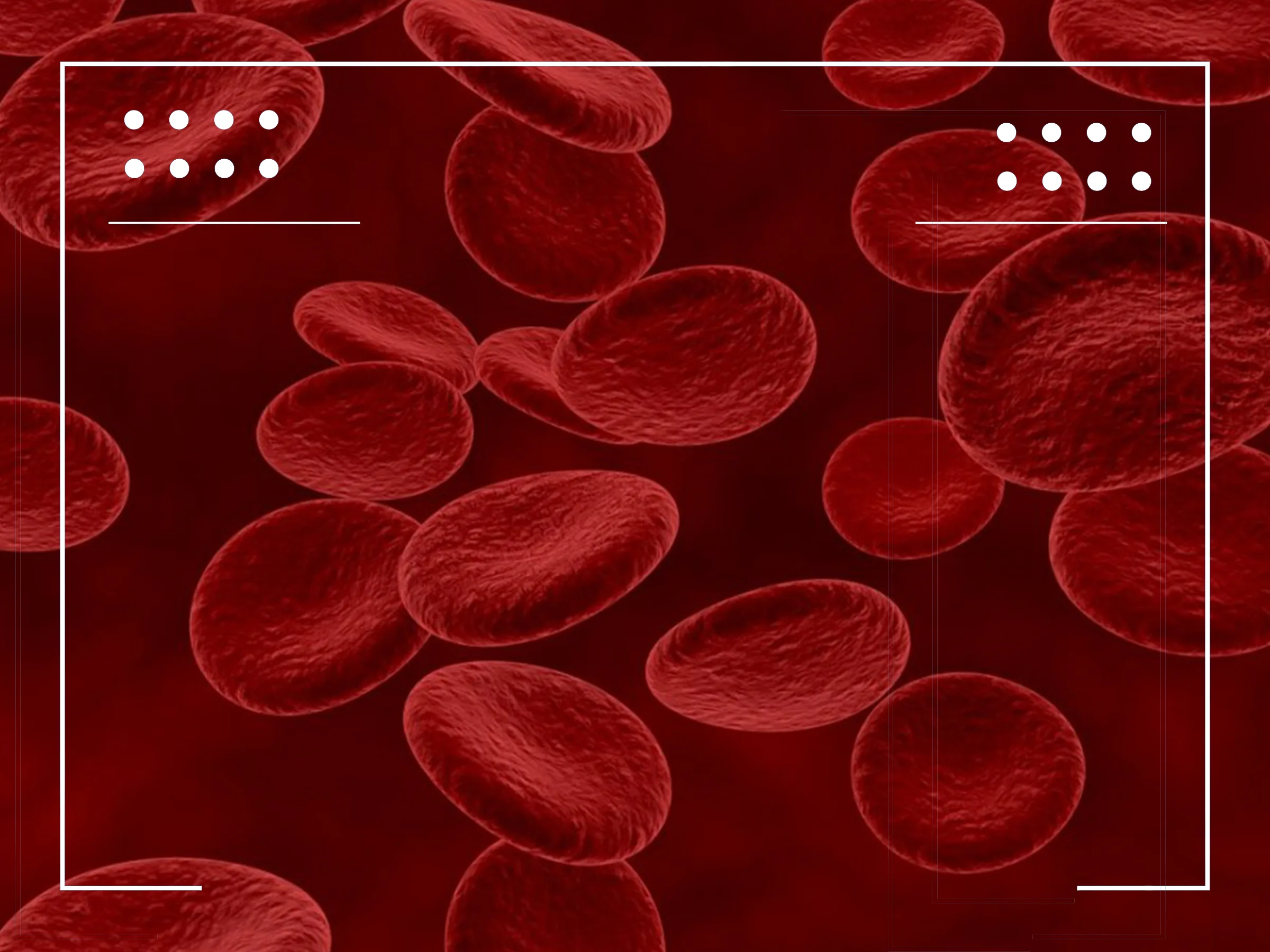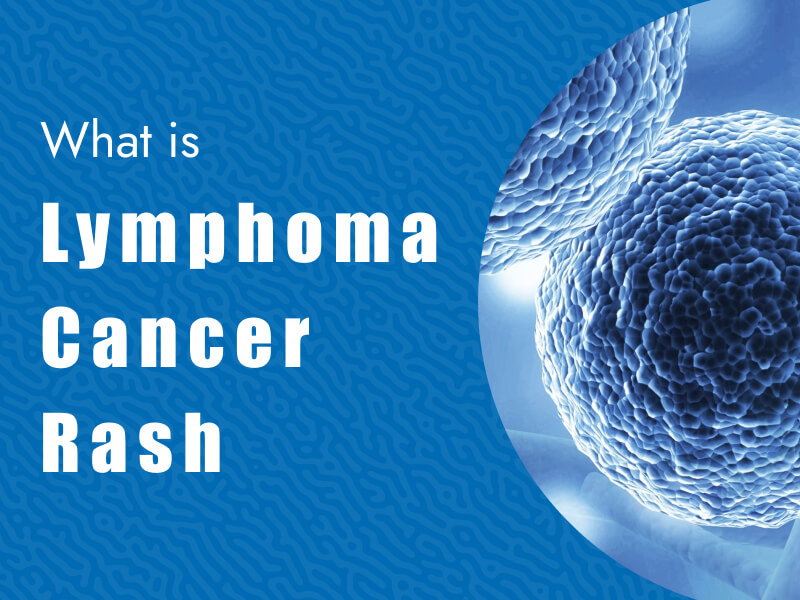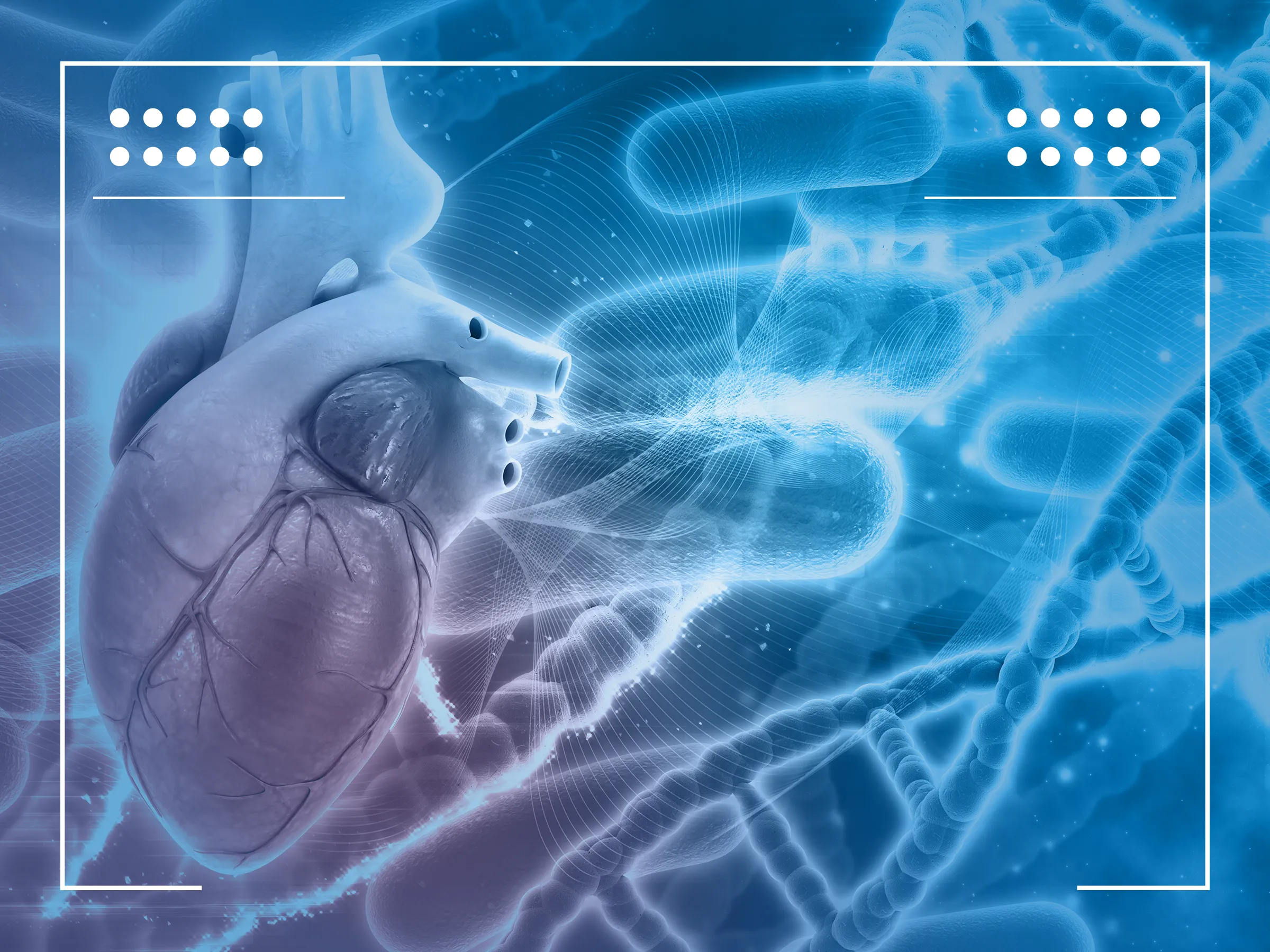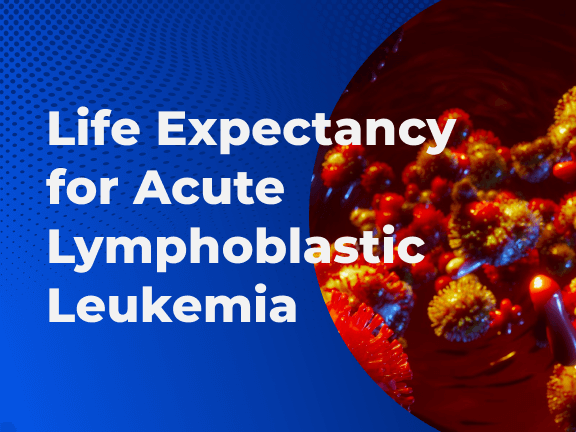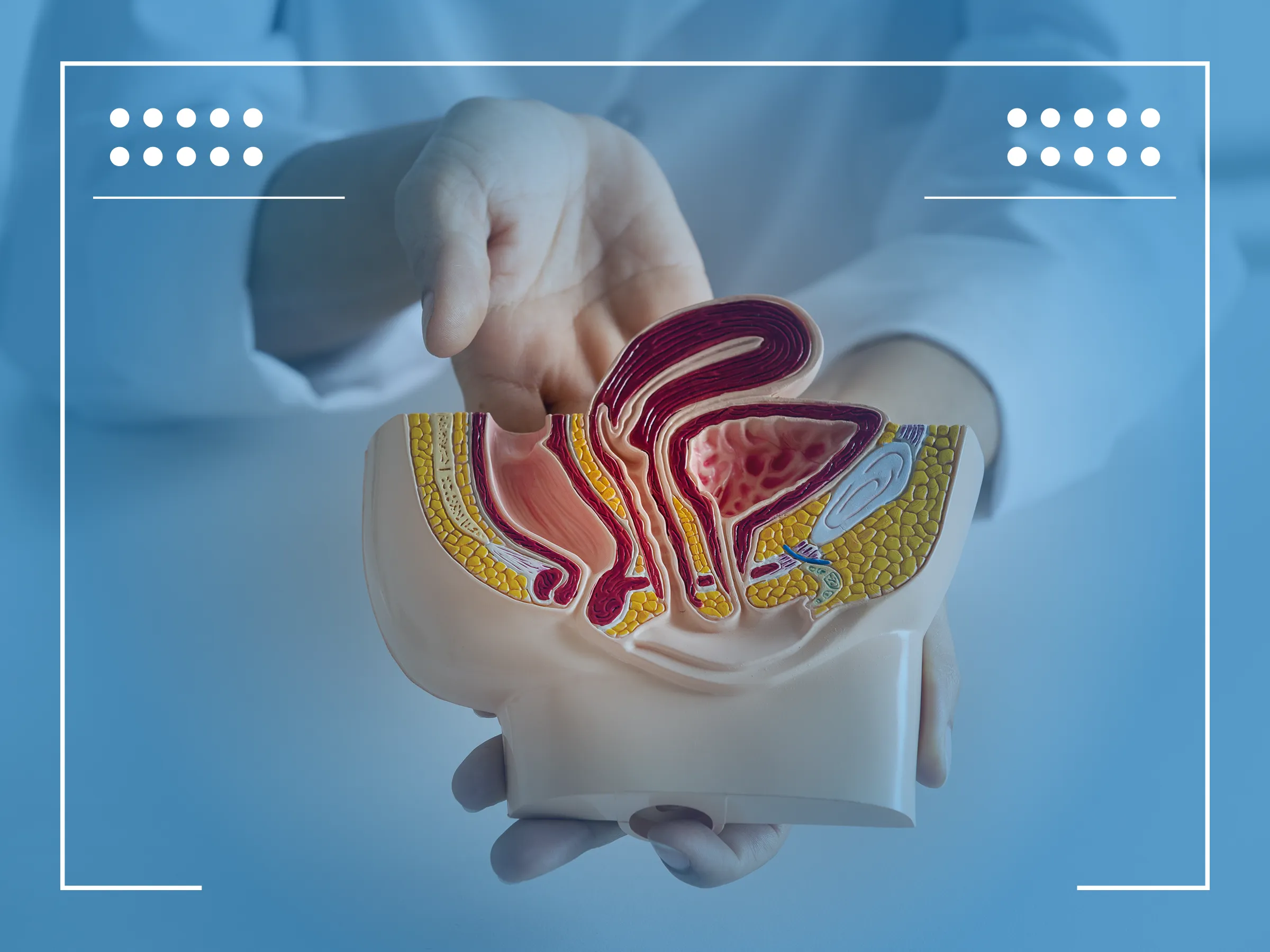Non Small Cell Lung Cancer Stage 4 occurs as a result of the abnormalization of lung cells and causes tumor formation with its uncontrolled growth. It is also the most common of the 2 main types of lung cancer.
In Non Small Cell Lung Cancer Stage 4, the disease is metastatic, meaning it has spread beyond the lung where it started. While the incidence of Non-Small Cell Lung Cancer (NSCLC) is 80-85%; Small cell lung cancer rate is 10-15%. Approximately 95% of small cell lung cancer patients have been observed to smoke. In NSCLC, while tobacco use is still the most common reason, other factors such as air pollution, asbestos exposure and other chemicals are also contributors.
Types of Non-Small Cell Lung Cancer
Depending on whether it starts in different cells of the lung, there are 3 subgroups of non-small cell lung cancer. However, these subgroups are still referred to as NSCLC altogether because the treatment methods and disease progression are generally similar.
1- Adenocarcinoma: These are tumors that usually spread on the outer parts of the lung. It tends to grow slower than other lung cancers. Although it varies from patient to patient, it is easier to diagnose without spreading than other species.
2- Squamous Cell Carcinoma: These develop in the early forms of squamous cells, which are flat cells that cover the inside of the airways in the lungs. While it constitutes 25-30% of lung cancers, it is generally associated with smoking, and tends to be located in the central part, close to the lung bronchi.
3- Large cell carcinoma: This can occur in any part of the lungs. It tends to grow and spread rapidly, making its treatment difficult. It constitutes 10-15% of lung cancers. Large cell neuroendocrine carcinoma, a subspecies of large cell carcinomas, is a fast growing cancer similar to small cell lung cancer.
Non Small Cell Lung Cancer Stage 4 & Prognosis
Non small cell lung cancer MET is difficult to treat when it spreads over a wide area. Treatment may not be possible in many patients with this condition. However, its progress can be slowed down by alleviating the symptoms and increasing the quality of life for the patient as much as possible.
Common symptoms of Non Small Cell Lung Cancer:
- Involuntary and unexplained weight loss
- Persistent cough
- Joint or bone pain
- Tiredness
- Weakness
- Chest pain
- Bleeding in cough
New therapies can slow the progression of the disease and improve your quality of life. In just the last few years, there are many more treatment options. However, in deciding which treatment to apply, the number of tumors, their location, and your overall health come into play.
Non Small Cell Lung Cancer Treatment
Some known treatment methods for Non-Small Cell Lung Cancer:
- Targeted drug therapy application. Medicines that target specific aspects of the cancer cell, such as the vessels that supply the tumor or growth factors. There are currently FDA-approved targeted therapies for lung cancer tumors showing characteristics of abnormalities in EGFR, ALK, ROS-1, NTRK and BRAF V600E. In addition, there are promising clinical trials for MET. However, targeted therapies are used in advanced cancers and may not be suitable for everyone.
- Some oral (by mouth) or intravenous (intravenous) drugs are administered to kill the cancer cells. These drugs are intended to enter the bloodstream and kill cancer cells throughout the body.
- Early stage non-small cell lung cancer can be treated surgically. One or more lobes of the lungs, and in some cases, may need to be removed completely.
- High-energy rays from a device are used to kill cancer cells and ease symptoms such as pain.
Massive Bio Patient Relations Coordinators work closely with patients to gather information about your current medical condition. After listening to your story, we offer a list of options, including existing cancer clinical trials near your home.



